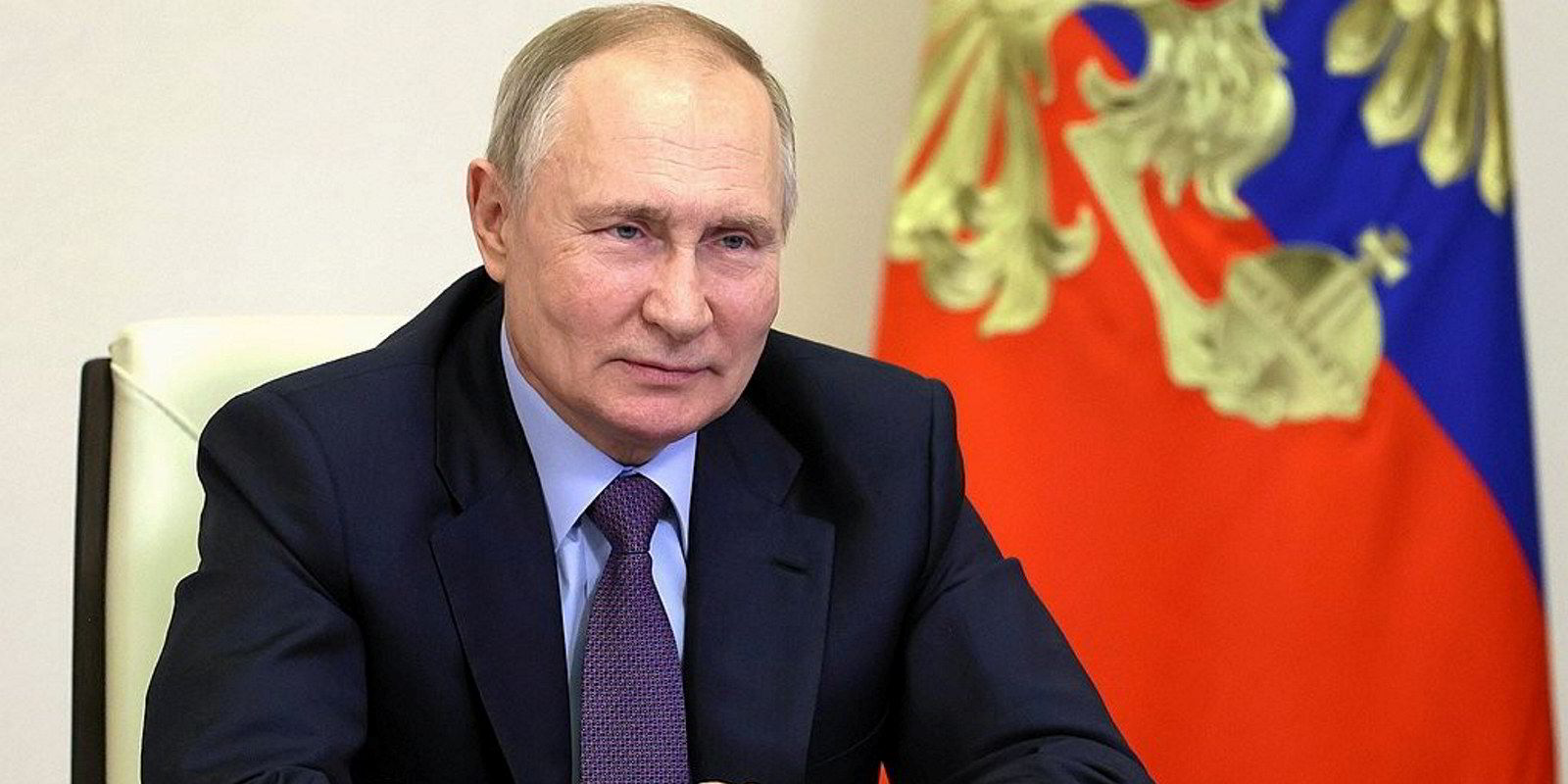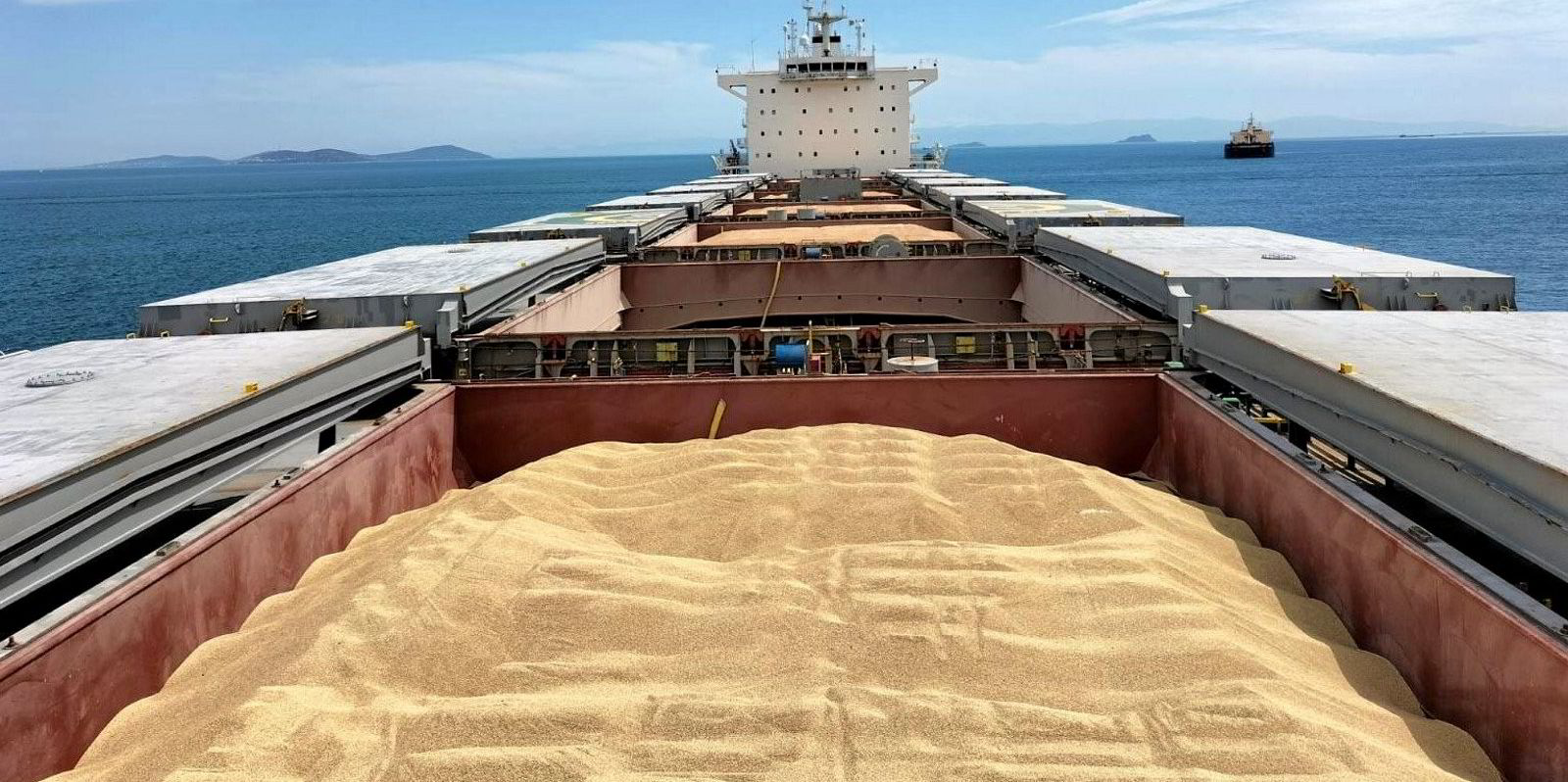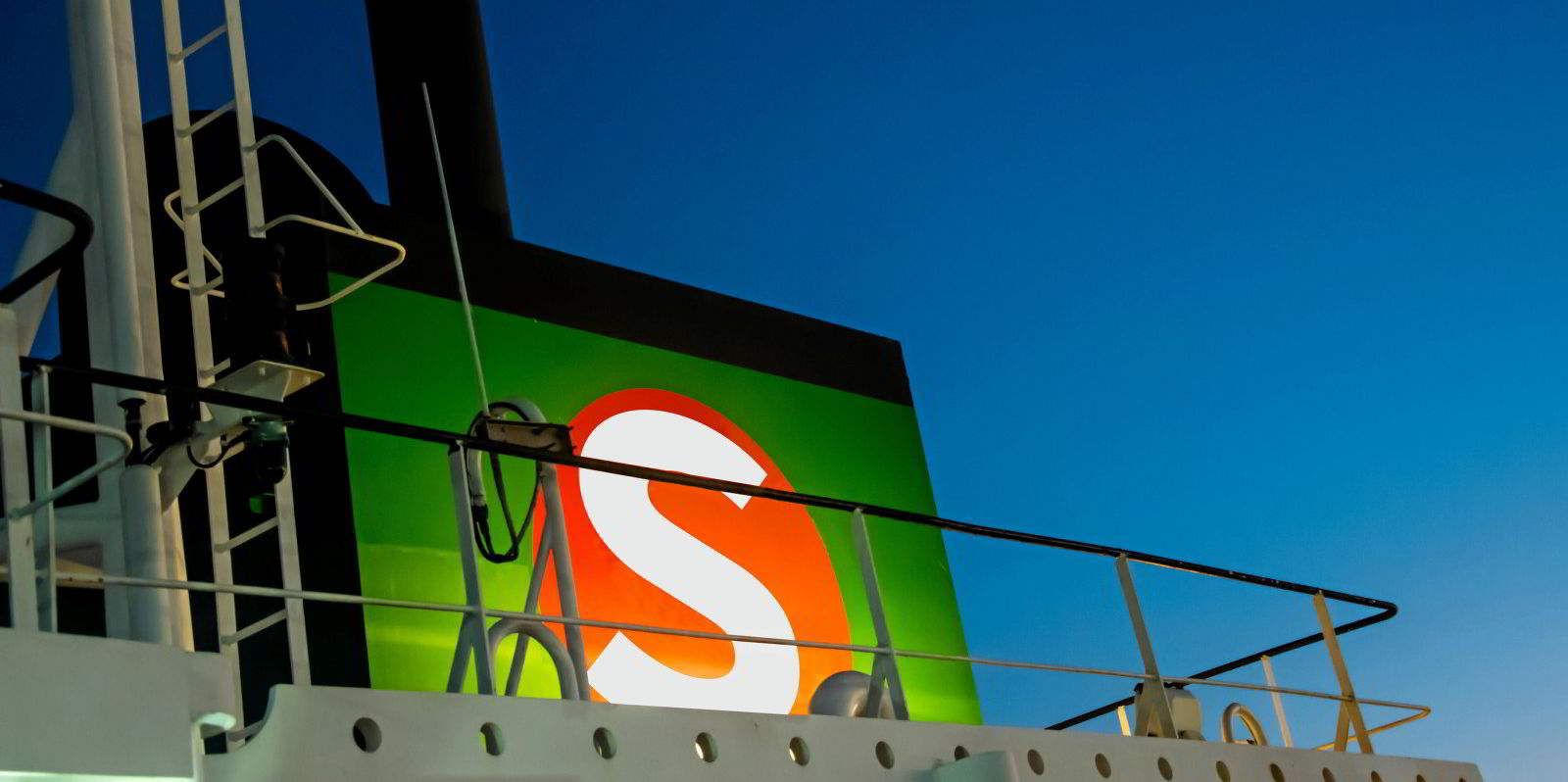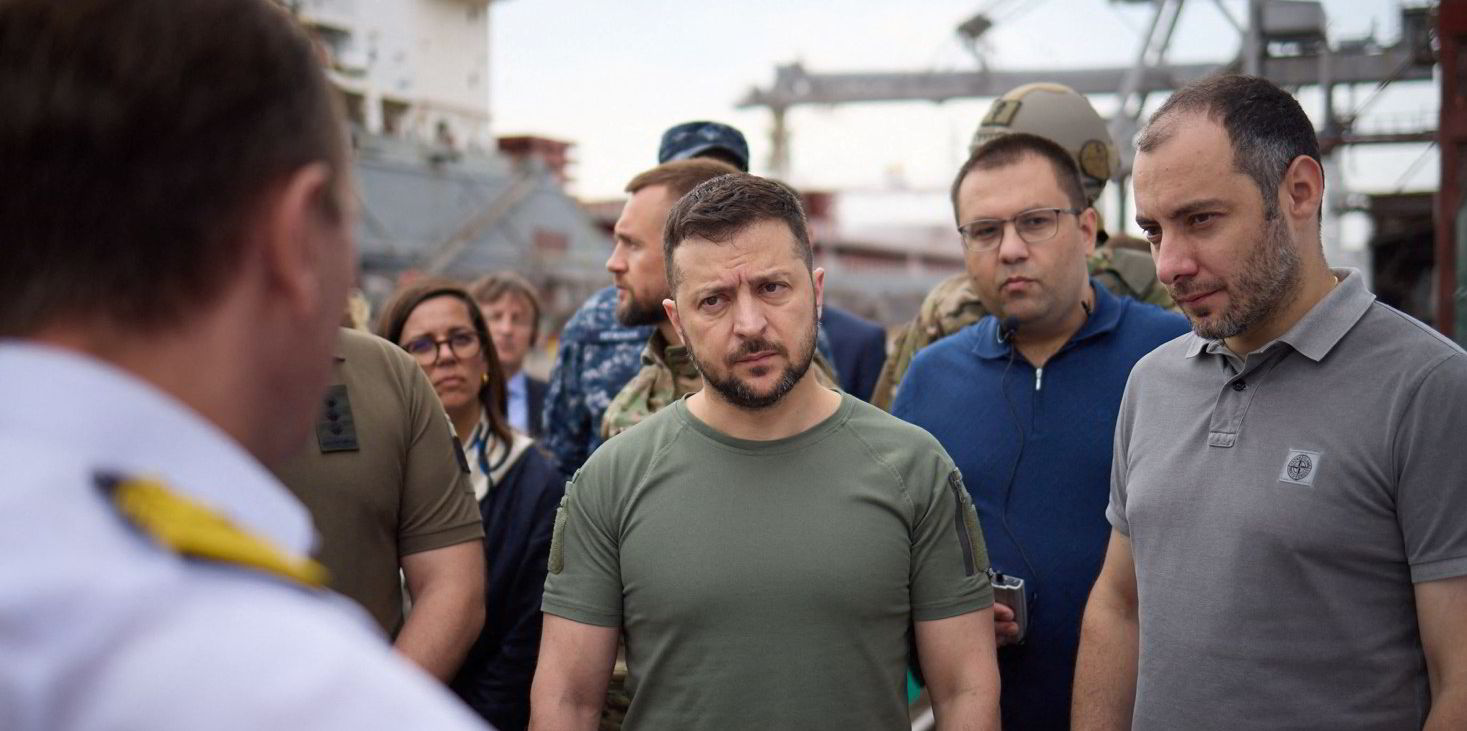The safe passage of two ships out of Ukraine has raised hopes that there may be a route open to resume grain exports from the country’s main Black Sea port.
The 9,400-teu Joseph Schulte (built 2014) and 32,600-dwt Primus (built 2006) have now sailed safely from Odesa, where they have been trapped for the past 18 months.
Their long-awaited escape did not appear to provoke the Russian military, even though it is highly sensitive to shipping movements in the region and has recently turned its sights on the Ukraine grain infrastructure.
The successful sailings have raised hopes that a new grain export route can be created out of Odesa.
The idea is that after loading, ships will race through a high-risk, 10-hour journey to the safety of the Romanian exclusive economic zone.
Ukraine’s current grain route through the Danube to Romania is limited to ships of around 3,000 dwt to 6,000 dwt.
By using Odesa, ships of 60,000 dwt could service the trade and bring export volumes back to the sort of levels achieved before the collapse of the Black Sea Grain Initiative.
The insurance community in London is working closely with the Ukraine government to put a package together to provide cover for shipowners to service the trade.
The Ukraine government could underwrite most of the risk, with the remaining picked up by the commercial insurance market, which would again divide the risk between numerous underwriters.
Ukraine has its own defence capability, which could also provide essential protection for the ships.
The passage of vessels could also be carefully coordinated to limit the accumulation of risk.
If insurers can work out a way to insure the risk and cover their backs, then humanitarian grain exports — which are essential to alleviate world food poverty — can resume again.
At what cost?
But in the rush to protect against property and cargo losses to enable the scheme, it is easy to forget that it is the lives of seafarers that are being put on the line.
A number of seafarers have already died since the outbreak of the conflict.
Can shipowners again run the risk of sending their seafarers into a war zone at a time when Moscow has clearly shown its intent to prevent the export of Ukrainian grain?
The latest move would potentially put the rights of seafarers on the frontline of Russia’s invasion.

Ruthless drone attacks on the Danube ports of Reni and Izmail have demonstrated its military is prepared to go to any lengths to prevent the trade from gaining momentum.
There can be no guarantees that Russia will not turn those drone attacks against shipping, having already declared that any ships trading with the country would be regarded as a military target.
Seafarers involved in trades to high-risk areas are usually offered additional payment through deals negotiated by the International Transport Workers’ Federation and industry representatives.
Such additional costs, on top of higher insurance and freight rates, might even make Kyiv’s plan financially unworkable.
The ITF global union federation should be right at the centre of any discussions to send seafarers back into Ukrainian ports.
Realistically, the only way to ensure the safety of seafarers sailing to Ukraine is for the Black Sea Grain Initiative to be reinstated.
The diplomatic moves to achieve this seem to have made little progress. But without the full backing of the United Nations, and the recognition of the Russian government, it is difficult to see how ships can trade safely to Ukraine’s main export ports again.





